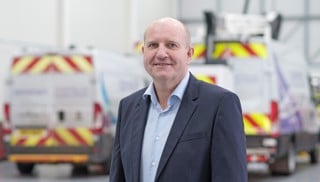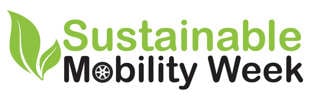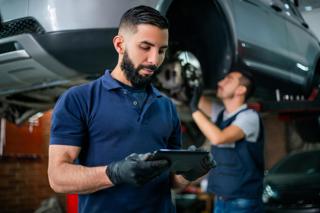Aurelius could be adding to its portfolio of fleet-related providers after revealing talks are “well-advanced” with several companies.
The private equity company bought BT Fleet Solutions a little more than two years ago and later rebranded it Rivus Fleet Solutions.
Subsequently, it bought Pullman Fleet Services from Wincanton a year ago following the acquisition of GKN Wheels and Structures from GKN, before buying AutoRestore from Belron International, earlier this year.
Recently, it has been busy nurturing further potential acquisitions.
REACH IN EUROPE
Over the past decade, Aurelius Group has invested in more than 100 companies across Europe, with its current portfolio employing more than 12,500 people, generating combined annual revenues in excess of £3 billion.
Tristan Nagler, a partner at Aurelius UK, told Fleet News he is excited at being able to bring “strategically interesting” businesses together.
“The couple of deals we’ve done won’t be the only ones, we hope there’ll be many more,” he said.
In an ideal world, that could be one or two a year in the future, but he said talks were already “well-advanced” on a small number of prospects.
However, he stressed: “We’re not just collecting badges, we need to prove this as a group.”
Operationally, the challenge is making the journey between the different service providers acquired by Aurelius a seamless one for the end-user fleet.
As CEO of Rivus Fleet Solutions and managing director of Pullman Fleet Services, that is the responsibility of David Myers.
He was appointed CEO of Rivus in November 2020, before also taking on the role as MD of Pullman.
Strategically, the business is employing three development strands: electric vehicles (EV), the target operating model and its IT systems.
The target operating model is important for future acquisitions as it links the flow of information into the business and how the support team uses that information.
Development of IT systems will be crucial to allowing this and Myers acknowledges that, when completed, it will make Rivus a “very different organisation” from where it is today.
The IT platforms, which will allow the businesses to work together “beneath the covers”, is gradually being implemented, he said. However, he admitted: “There are a lot of dynamics that have to be thought through.”
In 2020, Aurelius announced it would close ‘loss-making garages’, reducing its garage network from 65 to 54, but during the past year, the garage network has been rebranded and upgraded, with workshops in Cardiff and Southampton, for example, now offering increased support for HGV operators.
TECHNICIAN TRAINING
Furthermore, to achieve EV-readiness, technicians have undertaken training programmes to IMI (Institute of the Motor Industry) standards and have been supported by new diagnostic equipment for EVs, tooling and charging facilities.
Diagnostics have also been upgraded for non-EVs. It has already upskilled more than a quarter of its technicians, providing an EV capability in all its locations, and intends to retrain a further half of the team next year.
Rivus was also announced by electric van manufacturer Arrival as one of four service network partners in Europe. Arrival will give Rivus, which was named Fleet Supplier of the Year at the 2021 Fleet News Awards, access to repair and maintenance documentation, in person and online training, predictive and automated diagnostics, and the distribution of spare parts, helping to further upskill technicians.
Speaking to Fleet News at the start of the year, Myers said Rivus, which has 85,000 vehicles under fleet management, with BT Group accounting for around 32,000, was plotting to become “the strongest player in the market”.
A year later, that ambition has not waned: Myers said: “Our primary objective is to be a specialist outsourced provider in fleet.
“The label of fleet management is not wide enough for us now, because we’re not just managing your fleet.”
For example, Myers says one of the areas that it specialises in is custom engineering vehicles, such as fitting lightweight racking for vans.
He explained: “Where that’s really come into its own now is EV, because the weight of the battery is taking up to a third of the payload.
“We’re re-thinking a lot of things to enable customers to achieve their sustainability objectives. The innovation we’re bringing is enabling customers to work differently.”
























Login to comment
Comments
No comments have been made yet.